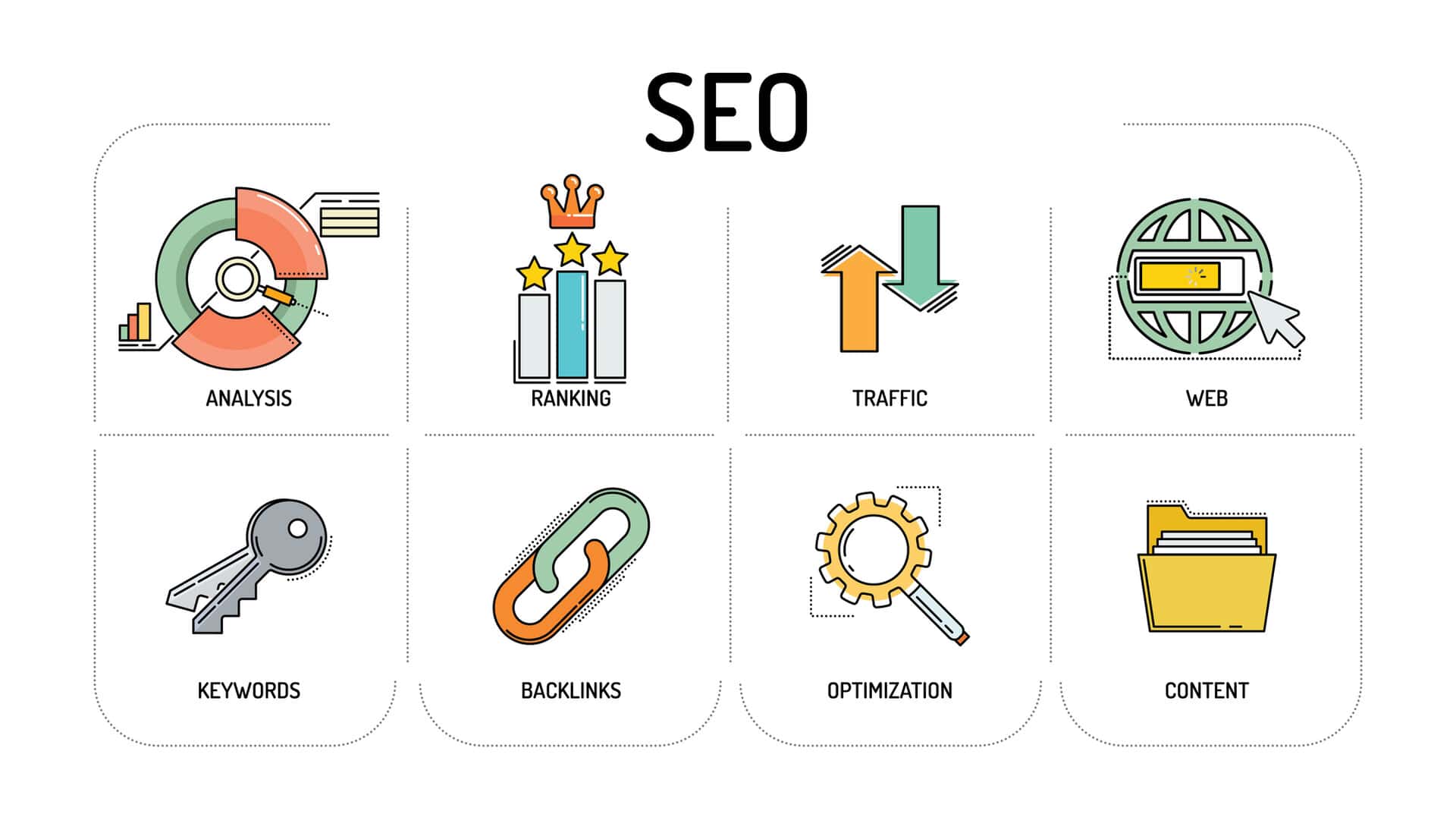Understanding Commercial Property Insurance Rate Fluctuations – – Technologist
The world of commerce is ever-changing, and navigating the intricacies of commercial property insurance can feel like a complex balancing act. Recently, many businesses have experienced rising rates, and it’s understandable to want clear and concise information about this trend.
So, why are commercial property insurance costs fluctuating? Let’s break down the key factors at play:
- The Cost of Uncertainty: Catastrophes and Changing Climate
Mother Nature throws curveballs, and unfortunately, these can translate into financial challenges for insurance companies. The increasing frequency and intensity of extreme weather events like hurricanes, wildfires, and floods have resulted in significant payouts for claims. This trend, coupled with the rising costs of reconstruction due to inflation and material shortages, forces insurers to re-evaluate their risk models and adjust rates to maintain their ability to pay out claims effectively.
- The Reinsurance Ripple Effect: Spreading the Risk
Insurance companies don’t operate in a silo. To manage large potential losses, they often purchase reinsurance – essentially insurance for insurers. However, similar to commercial property insurance, reinsurance costs have risen due to the factors mentioned above. This increased cost trickles down, impacting the premiums charged to businesses.
- Inflationary Pressures: The Domino Effect
Inflation isn’t just impacting your grocery bill; it’s also affecting the cost of rebuilding and repairing commercial properties. The rising prices of materials and labor lead to higher estimated replacement costs, which directly influence the amount of coverage needed and, consequently, the cost of the premium.
- Building Risk Profiles: A Multifaceted Assessment
Beyond property values, commercial insurance rates are also significantly influenced by your building’s risk profile. This detailed assessment considers several factors, including:
- Construction type: Buildings constructed with fire-resistant materials like concrete or steel generally receive lower premiums compared to those built with wood.
- Building age and condition: Older buildings with outdated electrical systems, plumbing, or roofing may be deemed higher risk due to an increased chance of breakdowns or failures.
- Location: Properties situated in areas prone to natural disasters or with higher crime rates will likely face higher premiums due to the increased likelihood of claims.
- Occupancy and use: Businesses engaged in activities deemed inherently risky, such as manufacturing or storing hazardous materials, will typically pay higher premiums compared to office spaces or retail stores.
- Loss history: Businesses with a history of frequent claims may be seen as higher risk, potentially leading to higher premiums or even difficulty securing coverage.
Understanding the Landscape: Moving Forward with Confidence
While these factors contribute to rising commercial property insurance rates, it’s important to remember that insurance companies are working to navigate a complex landscape. Their primary goal is to ensure they can continue to provide financial protection to businesses in the face of potential losses.
Here are some proactive steps you can take to manage your commercial property insurance costs:
- Maintain open communication with your insurance agent. Discuss your specific needs and risk profile to explore coverage options that optimize value and protection.
- Implement risk mitigation strategies. By proactively taking steps to improve fire safety, security measures, and disaster preparedness, you may qualify for discounts or lower premiums.
- Shop around for quotes. While rate fluctuations are a market-wide trend, there may be some variation among providers. Comparing quotes allows you to find the best fit for your needs and budget.
Remember, knowledge is power. By understanding the factors influencing commercial property insurance rates and taking proactive steps, you can navigate these uncertainties with confidence and ensure your business remains protected.





